Bloodbraid Elf is an excellent example to take a profound look at the Cascade ability, as well as at casting spells without paying their mana cost. These two subjects will constitute the topic of this article.
Cascade, steal, kill
A Jund inhabitant’s motto.
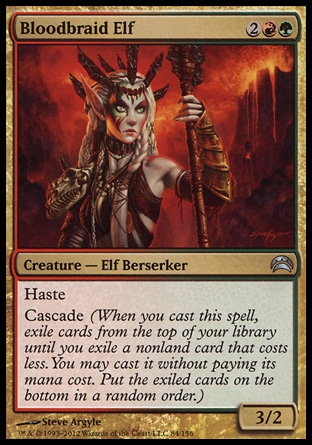
Oracle Text:
Creature — Elf Berserker
Haste
Cascade (When you cast this spell, exile cards from the top of your library until you exile a nonland card that costs less. You may cast it without paying its mana cost. Put the exiled cards on the bottom of your library in a random order.)
Casting spells without paying their mana cost is not the most obvious mechanic, even though it makes an appearance in almost every set in one shape or another. I feel the need to illuminate this topic, and several cards contested for the right to serve as an example for this, and the preference was given in my mind to Bloodbraid Elf.
This individual is of two colors and has two subtypes. We have a record of such characteristics, so if you have any questions on any of these subjects, the links should be of help. We shall proceed to analyzing the creature’s abilities.
Ths first ability of Bloodbraid Elf, Haste, is a static ability that allows it to rush into attack regardless of how long it has been under your control. Also, if it gains an activated ability with the tap symbol in its cost somehow (for instance, through equipping it with a Blazing Torch), such an ability may also be activated without the need to care for summoning sickness.
The second ability of Bloodbraid Elf, Cascade, is a triggered ability. Its triggering event is quite simple, but its effect is really eloquent. Some parts of that effect description are somewhat enigmatic to a lot of players, so we shall analyze this very thoroughly.
Cascade
702.84. Cascade
702.84a. Cascade is a triggered ability that functions only while the spell with cascade is on the stack. “Cascade” means “When you cast this spell, exile cards from the top of your library until you exile a nonland card whose mana value is less than this spell's mana value. You may cast that card without paying its mana cost if the resulting spell's mana value is less than this spell's mana value. Then put all cards exiled this way that weren't cast on the bottom of your library in a random order.”
702.84b. If a spell has multiple instances of cascade, each triggers separately.
So, Cascade triggers when the spell with this ability is cast. The spell is considered cast after you complete each step allotted by the rules for casting spells, which are to place the spell on the stack, to make relevant choices, to determine the total cost and to pay it. Only after this, the Cascade trigger will go off. If these steps were not performed, and the spell ended up on the stack through another method, Cascade will not trigger.
If you put Bloodbraid Elf onto the battlefield in process of resolving Show and Tell, that elf has not been cast, so Cascade has not had a chance to trigger.
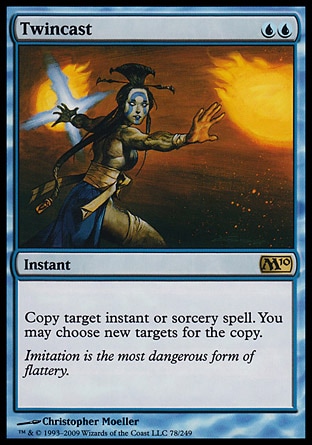
If Bituminous Blast (a sorcery with Cascade) gets copied with Twincast, Cascade won’t trigger because this copy isn’t cast, it is simply put onto the stack.
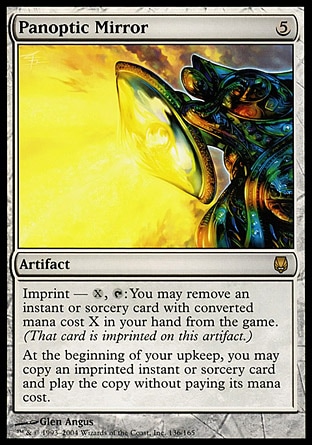
However, the copy of a card imprinted on Panoptic Mirror is cast. For this reason, if it has Cascade, it will trigger.
If the trigger of Cascade (or multiple such triggers) goes off, then before a player would gain priority, Cascade triggers are put on the stack. Note that they are put above the original spell which is, of course, still on the stack. And only after the player passes, his opponent may attempt to do anything with the original spell (counter, exile, copy redirect it), or to the Cascade trigger (counter, exile or copy the ability). Recalling torpedoes and submarines, we remember that an ability that has triggered does not depend on its source. So countering the original spell will not jeopardize Cascade. The original spell and the Cascade trigger are two different objects on the stack that require different means to deal with.

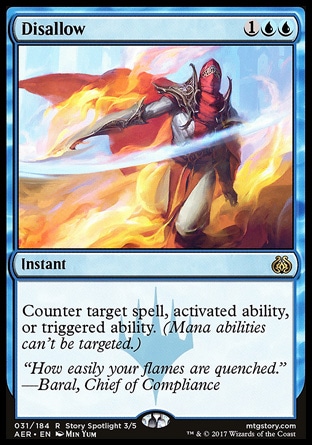
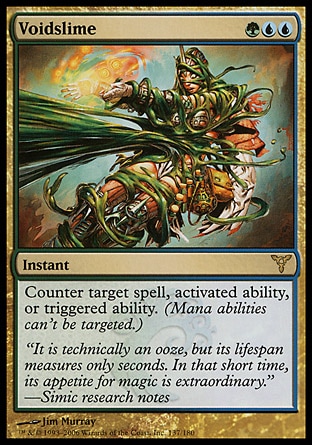
If the trigger survives till resolution, the epic part begins. You exile the top card of your library. If it is a spell that costs less than Bloodbraid elf, you are lucky, otherwise, rinse and repeat till you find one. This part is not even optional, you will have to run through your library one card by one. For Bloodbraid Elf, it has to be a nonland card with mana value less or equal to three.
Since the exile zone is an open zone, and the effect of Cascade does not instruct to exile cards face down, they are visible to all players.
We have talked enough about Mana value. Since we are dealing with cards in Exile, the value of {X} in the mana cost is zilch.
Rules makes situation with Split cards easy:
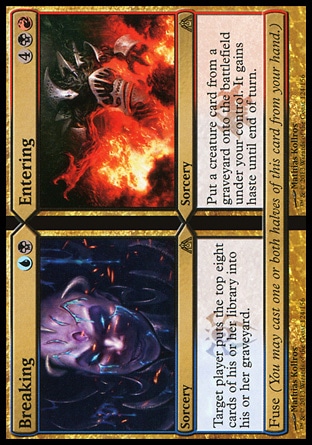

Breaking // Entering has mana value = 8, and can’t be cast from Bloodbraid Elf’s Cascade. Failure // Comply, Wax // Wane and other Split cards with mana value < 4 are OK.
Once you exile the card whose mana value is a match, the effect now gives you an option. You may cast the card without paying its mana cost. You may choose not to. You may find youself unable to do it.

Unlike Cascade, the effect of Omen Machine instructs to cast the exiled card without an alternative. The player is obliged to do so even if it is not favorable. The only possible case when the card is not cast is if it is not possible because of the rules. For instance, a compulsory cost must be paid and the player has no intention to do so, like Trinisphere’s effect could do. A player is never obliged to activate mana abilities.
If you choose not to cast the card, it is still exiled, and it will go to the bottom of the library. The same fate awaits the card that you are simply unable to cast it (for example, if there are no legal targets or has mana value more than mana value of the original spell).
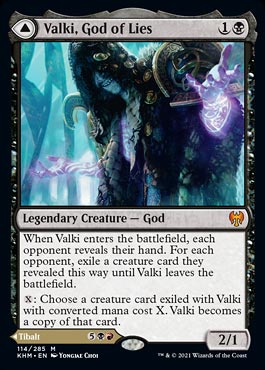
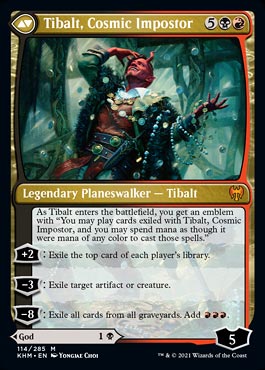
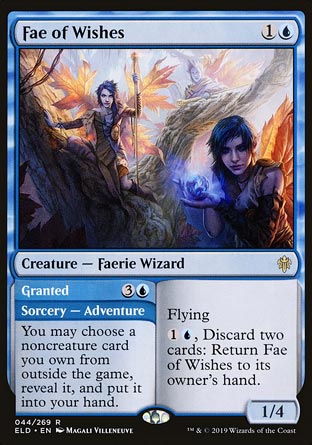
If you cast Bloodbraid Elf and exile Valki, God of Lies from your library, you'll be able to cast Valki but not Tibalt, Cosmic Impostor.
If Bloodbraid Elf causes you to exile Fae of Wishes, you may cast Fae of Wishes, but you may not cast Granted.
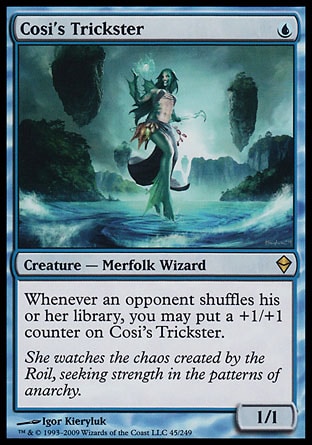
What do you do if you go through your entire library without finding a card that would match the description? You stop at the point where the entire library is exiled, and you move to the next part of the effect: you shuffle the cards and put them back as your library. Even though you physically shuffle the cards, you do not shuffle your library in terms of the rules. Abilities that trigger whenever you shuffle your library will not trigger, Cosi’s Trickster will not get any counters.
If you do wish to cast the spell, everything happens as normal: you put the spell on the stack, make choices, determine the cost… But there are a few peculiarities here.
First, casting the spell occurs in process of resolving an ability. None of the players gets priority at any point of this. Besides, all the “regular time limitations” are ignored, you may cast a sorcery spell or a creature spell etc. even though the stack isn’t empty, and the phase may not be main, and even the turn might not be yours. However, all other limitations on casting spells are still in effect (for instance you may cast Master Warcraft off the Cascade of Bituminous Blast, but only if this happens before declaring attackers).
Second, the card is cast from Exile. We have discussed this in detail when analyzing Fiend of the Shadows.
To cast the spell without paying its mana cost
And third, the effect of Cascade instructs to cast the spell without paying its mana cost. According to the rules,
- you may not choose another alternative cost;
(because “without paying its mana cost” already is an alternative cost) - the value of {X} that’s not determined in the spell’s text is zero.
Everything else is as usual. Even the fact that you may cast any half of a split card, not necessarily the one whose mana value was a match for the ability.
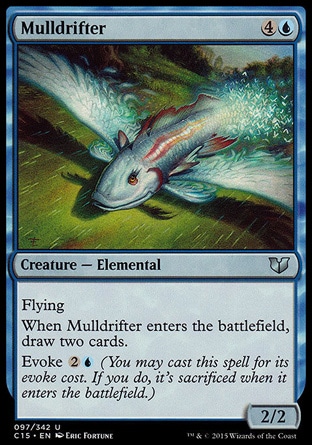
You may not cast Mulldrifter for its Evoke cost off Enlisted Wurm’s Cascade because it is an alternative cost.
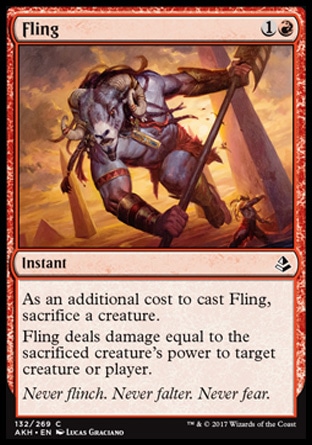
Compulsory additional costs cannot be ignored. You will need to sacrifice a creature in order to cast Fling this way.
You cannot choose the value of X other than 0, but for Fireball, you may choose many targets and pay the additional cost. Why would you? For instance, to fight a gang of Phantasmal Bears.
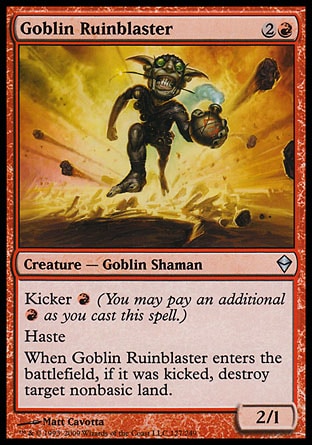
You may announce and pay any optional additional costs you wish: Kicker, Buyback etc.
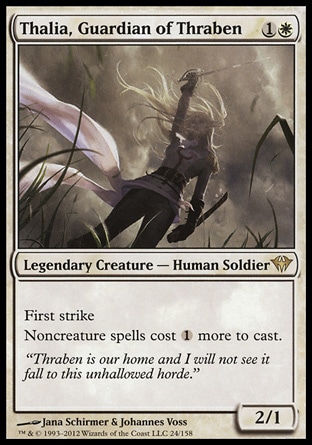
When casting Maelstrom Pulse with Thalia on the battlefield, you will need to pay {1} because it is not part of the Pulse’s mana cost. It is part of the total cost.
If you cast a card with Cascade this way, the Cascade of the new spell will trigger, and you will repeat the same process:
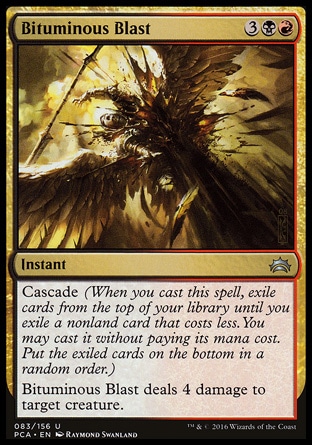

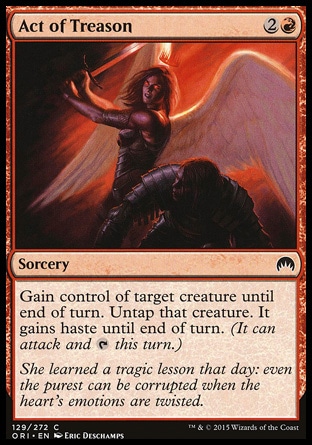
“Bituminous Blast, Bloodbraid Elf off its Cascade, Act of Treason off its cascade, attack for a lot. Cascade, steal, kill”.
Finally, when you cast the card off Cascade, you continue resolving the ability, i.e. shuffle the cards you have just exiled and put them on the bottom of your library. Neither you nor your cunning opponent may know the sequence of these cards or the position of any number of them.
The spell you cast off Cascade is put on the stack above the original spell, so it will resolve sooner (if it will). The entire sequence looks like this:
- Cast a spell with Cascade, like Bloodbraid Elf.
- Cascade triggers, then goes on the stack above Bloodbraid Elf.
- Cascade resolves. If we find a matching card, and we wish to cast it (for instance, Blightning), we do so.
- Blightning resolves.
- Bloodbraid Elf resolves.
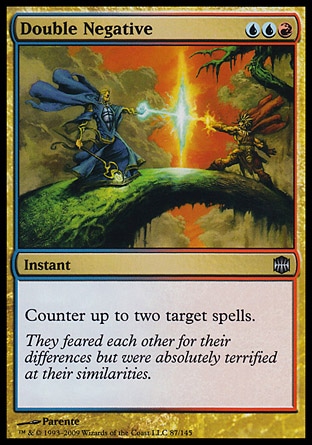

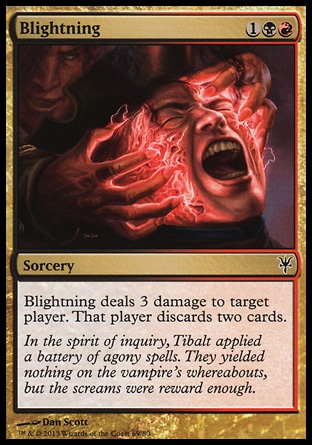
If our cunning opponent got a trick like Double Negative specifically for such case, he will counter both our spells, the original one and the one cast off cascade, between stages 3 and 4.
Nota bene:
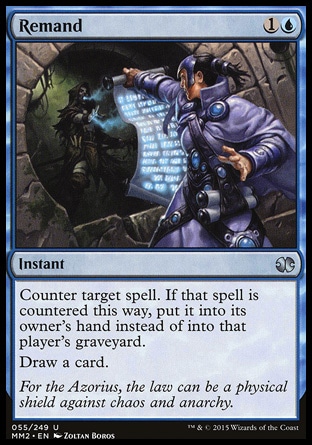
If there are no other effects, the countered spell goes to the graveyard. If related effects exist, it goes where the effect sends it. Blightning from the above example countered with an opponent’s Remand goes to our hand.
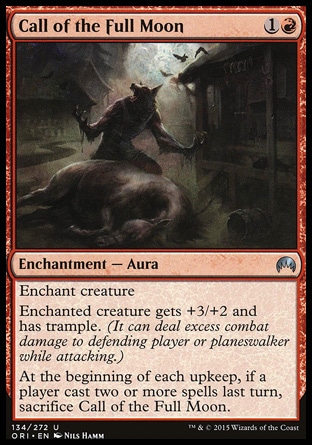
If you cast an aura off Bloodbraid Elf’s cascade, you cannot target that Elf with it, since the Elf is still on the stack at that point.
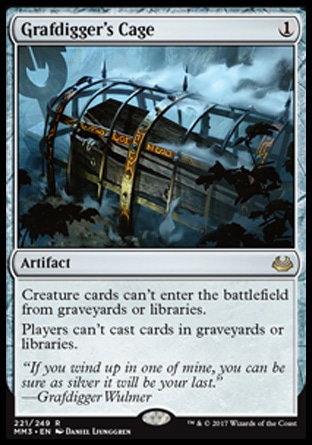
The spell cast off Cascade is cast from the Exile zone, so the effect of Grafdigger’s Cage doesn’t impact it.
In order to check how well you understand the system of priorities, try to analyze what happens at which moment in the sequence of “Bituminous Blast, Bloodbraid elf off Cascade, Act of Treason off Cascade”.
At the point of casting Act of Treason, the stack looks like this (from the top to the bottom):
- Act of Treason
- Cascade of Bloodbraid Elf
- Bloodbraid Elf
- Bituminous Blast
- ⇑ Jund is the black-red-green Shard of Alara, eponymous for almost any deck in RGB colors
- ⇑ Note that the rules do not prohibit casting a sorcery spell at a time that’s not the main phase of its controller.
The rules allow casting a sorcery spell in your main phase when the stack is empty (307.1). And, of course, any effect that allows or instructs to play a spell allows casting a sorcery at any other time.
For instance, when resolving the Cascade trigger we cast a sorcery spell, without ever being concerned with the fact that the stack isn’t empty (the trigger is still there). - ⇑ The full rule reads: “If a player is casting a spell that has an X in its mana cost, the value of X isn't defined by the text of that spell, and an effect lets that player cast that spell while paying neither its mana cost nor an alternative cost that includes X, then the only legal choice for X is 0. This doesn't apply to effects that only reduce a cost, even if they reduce it to zero. See rule 601, “Casting Spells.”
Translated by Witas Spasovski

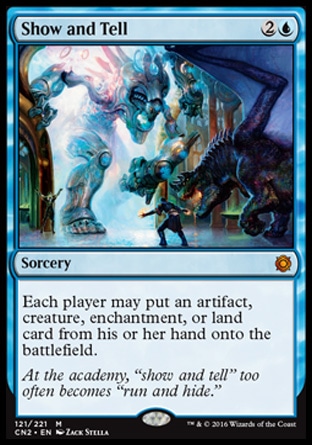
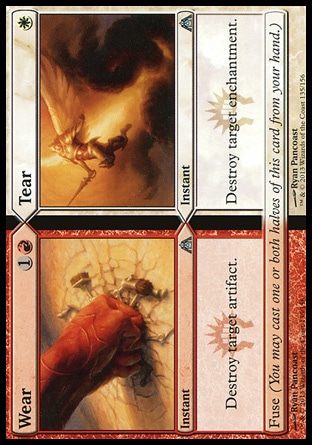
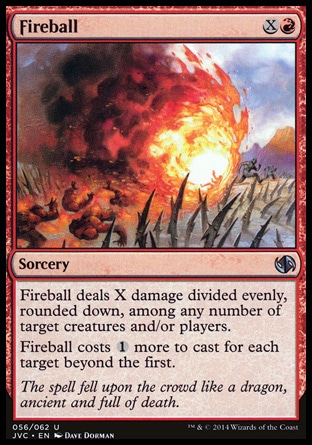
You may counter Bloodbraid Elf with Counterspell, but in order to counter Cascade you would need a Disallow. Now, Voidslime is a universal solution in this case — counter whatever you like (or actually, don’t like). But not both, Voidslime can’t do that. And it doesn’t get you a coffee either.